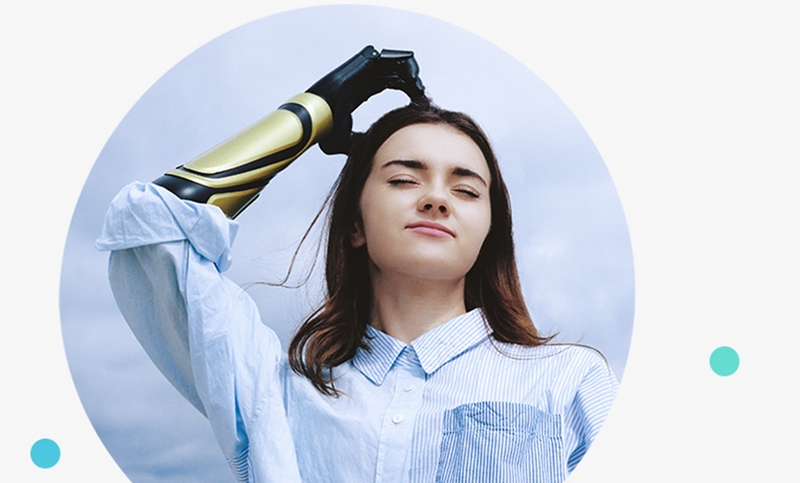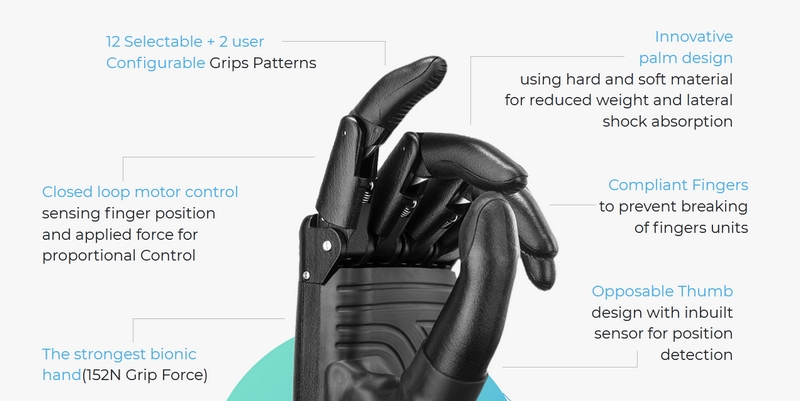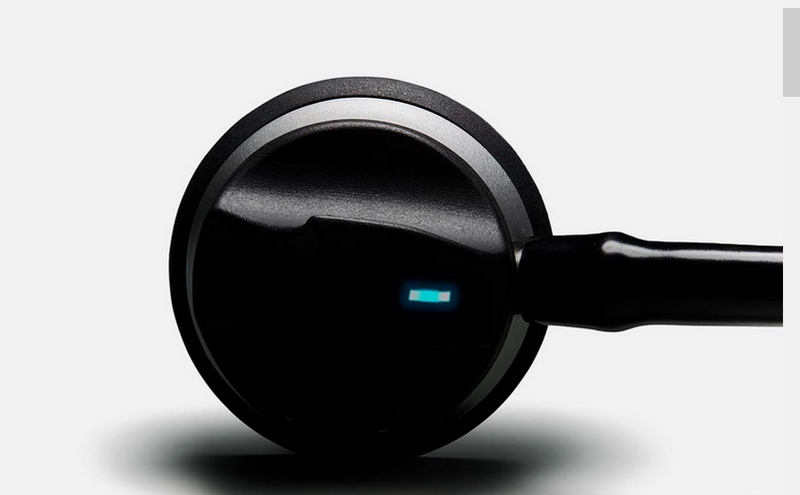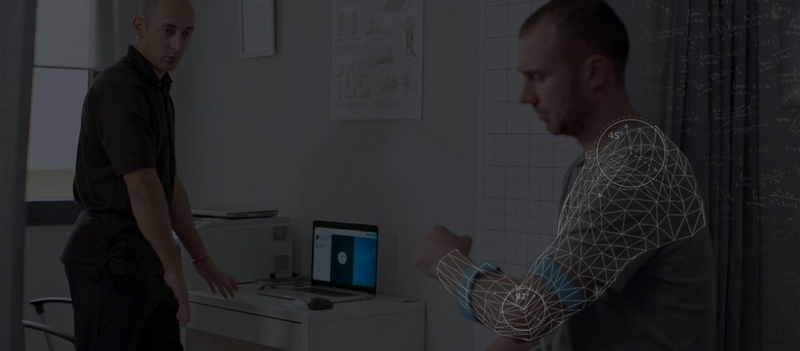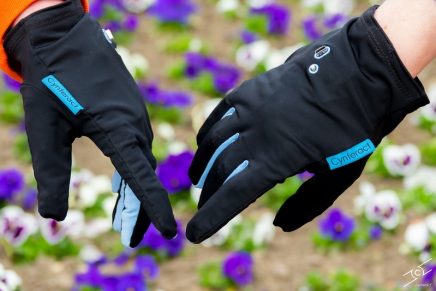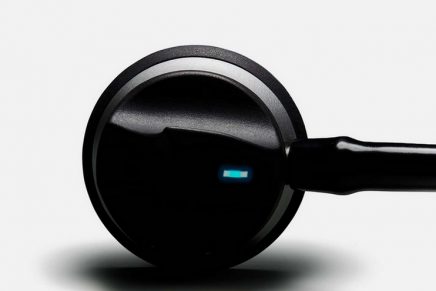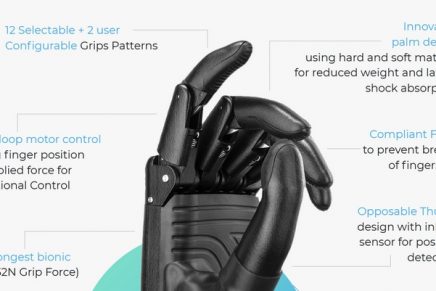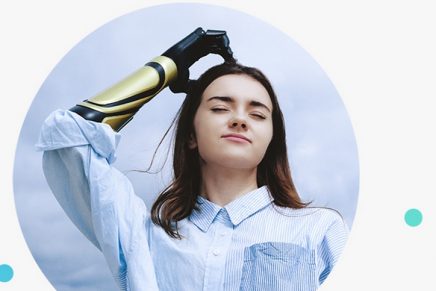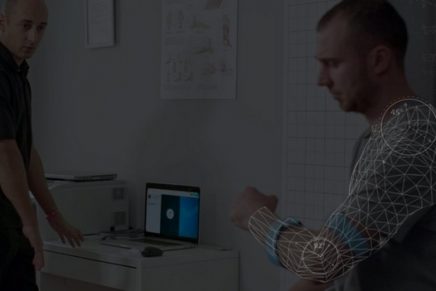MEDICA is the world’s largest medical marketplace annually organised in Düsseldorf, taking place this year from 15 – 18 November.
The countdown is on for the relaunch of the in-person version of the world-leading trade fair MEDICA at Messe Düsseldorf (running from 15 – 18 November 2021).
Once again, there are many healthcare start-ups among the exhibitors, who number over 2,900 from a total of 70 countries. MEDICA has developed into an international central meeting point for the healthcare start-up scene, with a multitude of special features in the programme and a huge joint stand. “We bring innovators and investors together. 40 start-ups will take part in the MEDICA START-UP PARK in Hall 12 – more than ever before”, explains Michael Degen, Executive Director of Messe Düsseldorf, with delight. The breadth of the innovations on offer here ranges from a device for non-invasive therapy for nasal pain to an AI-based ultrasound application for fast detection of nerve blocks.
The innovations that the development teams from the young companies are entering in this year’s finals are no less exciting; these finals are for the 13th Healthcare Innovation World Cup (15 November) and the 10th MEDICA Start-up COMPETITION (16 November), which are highlights on the agenda for the MEDICA CONNECTED HEALTHCARE FORUM. The complete programme for the forum (including the award ceremonies) can be followed live in-person on the programme stage in Hall 12 or live streamed via the MEDICA.de industry portal, with the correct ticket.
The 10th MEDICA Start-up COMPETITION alone counted over 250 applications from all over the world. Health start-ups submitted their solutions, which included those for the artificial intelligence (AI), healthcare app or robotics sectors. Twelve young companies were selected to go into the final by the jury. The Sympatient start-up thus committed itself to providing digital therapy for anxiety disorders via a psychotherapy app. Their Invirto therapy app is, according to them, the world’s first digital anxiety therapy for patients with agoraphobia, panic disorder or social anxiety disorder. To this end, mobile virtual reality technology and app-based therapy courses are implemented (including contact with psychotherapists and doctors). Invirto has already been approved as a digital healthcare application (DiGA) by the German Federal Institute for Drugs and Medical Devices (BfArM) and can thus be prescribed by doctors as a service which is covered by statutory health insurance funds in Germany.
The bionic Esper Hand fits into the robotics segment. This artificial hand recognises situations, helps to select the correct grip and precisely identifies muscle
activity. The Esper Bionics team from the Ukraine will explain this device within the scope of the final presentation. The Swiss macu4 team is focused on providing orthopaedic solutions with 3D printed products. One of their first applications is a passive functional forearm prosthesis for children and adults that is intended for sport and leisure activities, for example for throwing a ball in tennis.
Over 300 applications for the 13th Healthcare Innovation World Cup
At the 13th Healthcare Innovation World Cup, the focus is on innovative devices and smart applications for digital networking and process integration, with an eye to the Internet of Medical Things. Over three hundred start-ups have applied for this competition. The Indian company Ai Health Highway India Private Limited is one of the twelve selected finalists. They will present “AiSteth”, a smart stethoscope for examination, detection of and prognoses for heart and lung conditions using artificial intelligence. Cynteract, from Germany, will also compete in the final. Its intelligent glove with sensors is intended to support patients at home. In combination with synchronised software, the glove can be used to rehabilitate finger, hand and arm injuries in rehabilitation centres and beyond: the device can accompany patients home for use there. A software-supported synopsis of the training data supplies indications for finding further therapies.
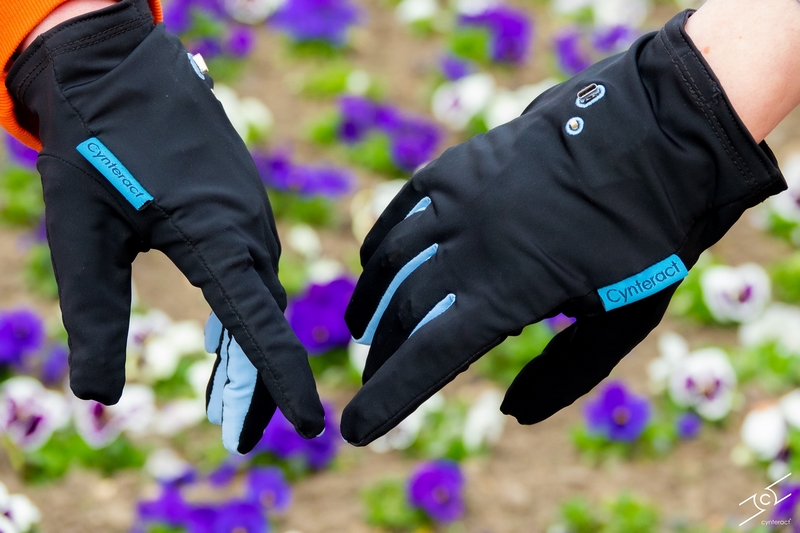
@Cynteract/ @cynteract.com/

